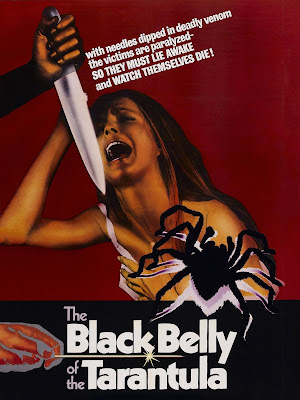Stuck in a dead-end job, amateur safecracker Ludwig Dieter (Matthias Schweighöfer) gets a chance at the big time when he is approached by a group of high-end thieves (Nathalie Emmanuel, Ruby O. Fee, Stuart Martin and Guz Khan) for an operation to rob three safes which rumoured to be un-crackable.
I can barely remember what happened in Army of the Dead, which is not much of an issue for this prequel.
Based around Matthias Schweighöfer’s oddball safecracker from Snyder’s film, Army of Thieves is a somewhat different beast from its predecessor. I was kind of excited by the idea of it, particularly since the movie would not be directed by Zack Snyder (Schweighöfer himself takes over those duties).
While the lure of Army was a heist during a zombie apocalypse, I think it lost focus on the potential excitement of that premise. With the focus on a heist, I was hoping that Army of Thieves would be a correction.
The first thing it gets right is aesthetically. Army of Thieves does not look like the previous instalment. Gone is the constant shallow focus. Gone also is the relentless grimness.
Instead, you have more of a traditional heist movie, with a lighter tone and a more romantic focus. While the ‘army of theives’ (only four people) are not on the straight and narrow, they are not seeking redemption. Some want money, some want excitement and some want the reputation of breaking three of the toughest safes in the world.
If you are looking for zombies, you might be disappointed - they almost entirely absent. You get glimpses of the outbreak in a few TV broadcasts and our hero has a couple of nightmares about them, but those moments are so compartmentalised that you could remove them and be left with the same movie.
Thieves is over two hours long, but unlike Army it does not feel padded.
I wish I liked it.
The heist component is fairly straightforward, but these sequences lack the satisfaction of watching our heroes overcome obstacles to achieve their goals.
But the movie wants to be about our hero’s arc. Which would be fine if the characters were not drawn as archetypes. Or had anything resembling a motivation. Becoming good at something is not good enough by itself - this movie lacks any kind of real stakes which makes the whole experience feel flat.
The movie wants to be more lighthearted, and tries to turn the film into a romance - but humour requires jokes, and romance requires chemistry.
The cast are not the problem. I am sure with a better script and creative vision they could work.
I left Army of Thieves feeling like I had watched a 20 page treatment of a story. All the character and narrative beats are there, but everything needs to be fleshed out and given some specificity.
While the movie is more tactile than Snyder’s effort, Thieves never feels immersive. We go through multiple locations but you never feel a sense of place. The buildings all look the same and the exteriors could be anywhere.
That is my ultimate frustration with the movie. It feels like a generic version of a European heist caper. It’s never bad or great - it just exists in this middle way of banality, which makes it worse.
Army of Thieves is better than its sequel. But that is about it.
If you are new to this blog, I also co-host a podcast on James Bond, The James Bond Cocktail Hour.
You can subscribe on iTunes, or wherever you get your podcasts.






